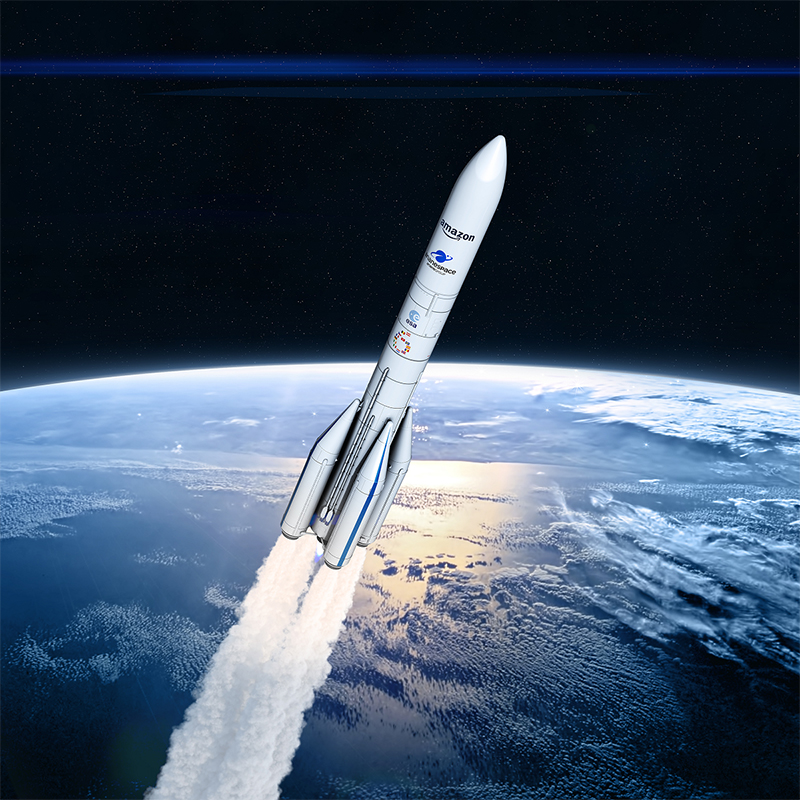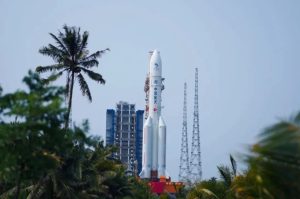First Ariane-6 Hotfire Test a Success
8th Sep 2023
The European Space Agency’s (ESA) Ariane-6 rocket has successfully completed its first, four-second, core stage hot-fire test. On 5th September, France’s space agency, CNES, and the Arianegroup performed the hot-firing at the Europe Spaceport in French Guiana. Ariane-6’s predecessor, Ariane-5, was retired this year after serving as Europe’s primary launch vehicle for 27 years. Now, Ariena-6 will take the reins “as Europe’s heavy-lift launch system,” when further tests and assessments on its readiness to fly are completed.
ESA Director of Space Transportation, Toni Tolker-Nielsen, said: “We have a fantastic team working on this programme. We can all feel it – we are taking the final steps towards entering into the Ariane 6 era.” Martin Sion, CEO of ArianeGroup, added: “This completed Ariane 6 hot-fire test was essential in minimizing the potential for mishaps during the final launch sequence and ensuring its success.”
The Short Duration Hot-Fire Test
Ariane-6 has successfully completed a hot-fire test of its core stage and cryogenic engine. To begin the test, the core stage was ignited using liquid hydrogen and liquid oxygen propellants. Then, the Vulcain 2.1 rockets fired for four seconds before shutting down.
The test took place on the French Guiana launch pad. Arianegroup said the hot-firing was a “key step in the combined test campaign.” The next phase will be an eight minute long, full-duration, core stage hot-fire test, which is expected next month.
Delays To The Hot-Fire Test
CNES, ESA and the Arianegroup were supposed to conduct a full sequence test of Ariane-6 in mid-July. Originally planned for 13th July, the engine test was postponed due to a leak in the flange seal. This led to a move to new date of 18th July.
After fixing the leak, the team successfully completed the rocket’s first launch sequence test. However, plans to run the automatic countdown were aborted due to “certain measurements exceeding preset limits” and the attempt was shelved. An investigation showed that this delay was also due to a shortage of liquid oxygen. ESA said: “the very last part of the test – a short hot firing of the Vulcain 2.1 engine – could not be conducted.” w
Launch of Ariane-6 Expected in 2024
After many delays, ESA admitted that Ariane-6 won’t launch this year if upper and lower stage engines tests were not completed. This also includes a full qualification review. The Director General of ESA, Josef Aschbacher, stated in a LinkedIn post that a “more precise launch period [is] now expected for 2024.”







Thank you for your comment! It will be visible on the site after moderation.